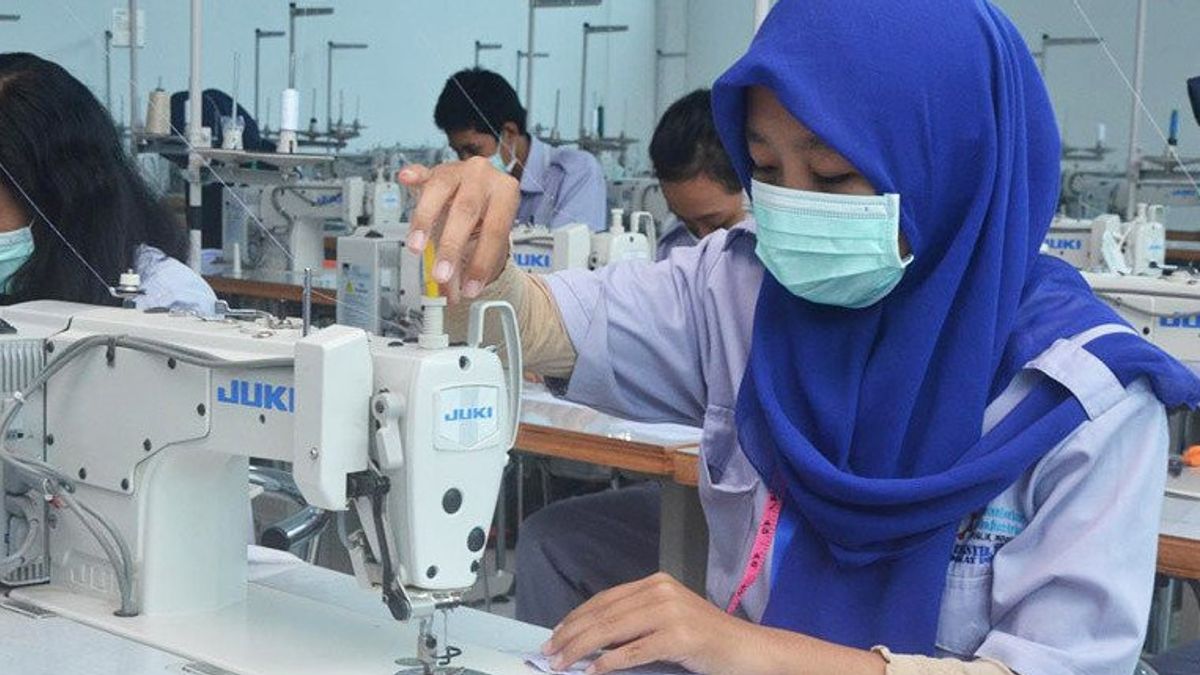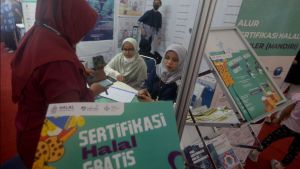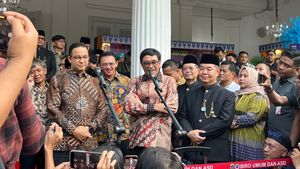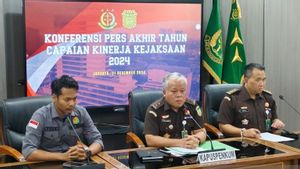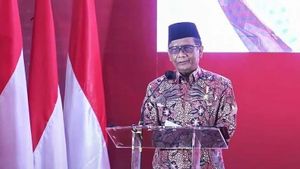JAKARTA - Small and Medium Industries (IKM) of textiles and textile products (TPT) feel threatened by the approval of the Indonesia-Bangladesh Preferential Trade Agreement (IB-PTA). In fact, textile SMEs have just enjoyed the domestic market after a number of domestic market policies were implemented.
Chairman of the Bandung Convection Entrepreneurs Association (IPKB) Nandi Herdiaman admitted that he was worried about the existence of this IB-PTA. Because, it can damage the domestic market of garment SMEs. Moreover, the condition of convection SMEs is still not recovering after the restrictions on community mobility due to COVID-19.
"If garment imports come in again, of course this will be difficult for IKM. People will prefer cheap imported products compared to IKM products. They may close one by one again like at the beginning of the last pandemic," he said, in an official statement, Friday, March 4th.
Nandi assessed that the Bangladesh trade agreement, which was negotiated with caution, was feared to damage the domestic market, which is the foundation for the recovery of textiles and textile products this year.
Moreover, he continued, textile SMEs have just enjoyed the domestic market after a number of domestic market policies were implemented. In fact, production is full due to a flood of orders until this year's Eid al-Fitr. This makes them need more tailors to pursue production targets.
"We have been inundated with orders since the beginning of this year. This is due to the opening of offices and face-to-face meetings at schools, so we need new uniforms. We also still need more tailors to pursue the target until this year's Eid," he explained.
Meanwhile, the Executive Director of the Indonesian Association of Textile Experts (IKATSI) Riza Muhidin explained that the phenomenon of the flood of IKM orders was due to a number of legalized trade remedies, one of which was the apparel safeguard.
"This apparel safety guard needs to be optimized. In Bangladesh safeguards are also excluded, so the threat of cheap imported goods is something that will definitely happen if the IB-PTA is legalized," said Riza.
He also added that the effect of the legalization of the IB-PTA will have an impact on the domestic textile upstream and downstream textile industries. In fact, the textile industry has targeted new investments this year.
"The IB-PTA domino effect will not only be felt by garment manufacturers, but the fiber, yarn and fabric industry will also be affected. It seems useless if this year's TPT investment target coincides with the ratification of the IB-PTA," he said.
Riza hopes that a conducive and competitive business climate can now be maintained. He added, there are still many challenges in the textile industry that are still unresolved.
"There are still many unfinished challenges, such as the high cost of containers, rising energy prices, and illegal textile imports. The government should focus more on crucial things than trade agreements that are less favorable for Indonesia," he explained.
The English, Chinese, Japanese, Arabic, and French versions are automatically generated by the AI. So there may still be inaccuracies in translating, please always see Indonesian as our main language. (system supported by DigitalSiber.id)
